RESEARCH HIGHLIGHTS

Ex vivo tumor modeling
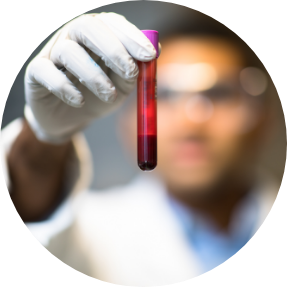
Translational Research Laboratory for Blood-Based Biomarkers

In vivo pharmacology

Ex vivo tumor modeling
3D microfluidics technology that recapitulates endogenous tumor immune microenvironment. Patient-derived organotypic spheroids enable ex vivo interrogation of mechanism of action for emerging therapies.

Translational Research Laboratory for Blood-Based Biomarkers
Tracking patient response to targeted therapies through minimally invasive sampling of circulating tumor cell-free DNA. Early detection of emerging resistance informs clinicians about changes in tumor phenotypes.
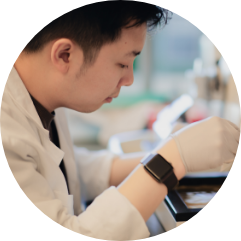
in vivo pharmacology
Syngeneic, humanized, and patient-derived xenograft models spanning etiological spectrum of thoracic, head and neck, and gynecologic cancers. Functional studies which provide mechanistic understanding of therapeutic effects.
Partnerships

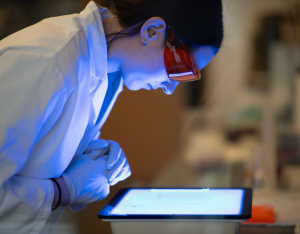
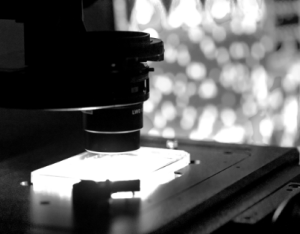
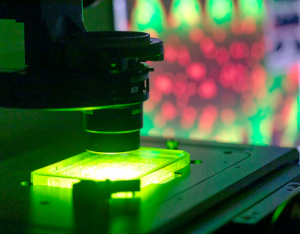
Incubator
Building an immunopeptidomics platform to map the diversity of immunogenic epitopes presented by tumor cells to unlock the potential for broader use of TCR transgenics in cancer immunotherapy.
Academia
Clinical trials incorporating correlative science for profiling of patient tumor and immune phenotypes in response to combinatorial therapies. Cutting-edge assays, including multiparametric flow, IHC, IF, and single-cell genomics.

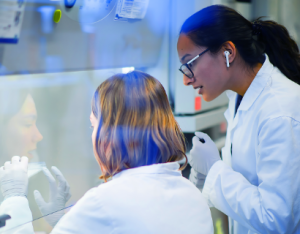


Belfer legacy
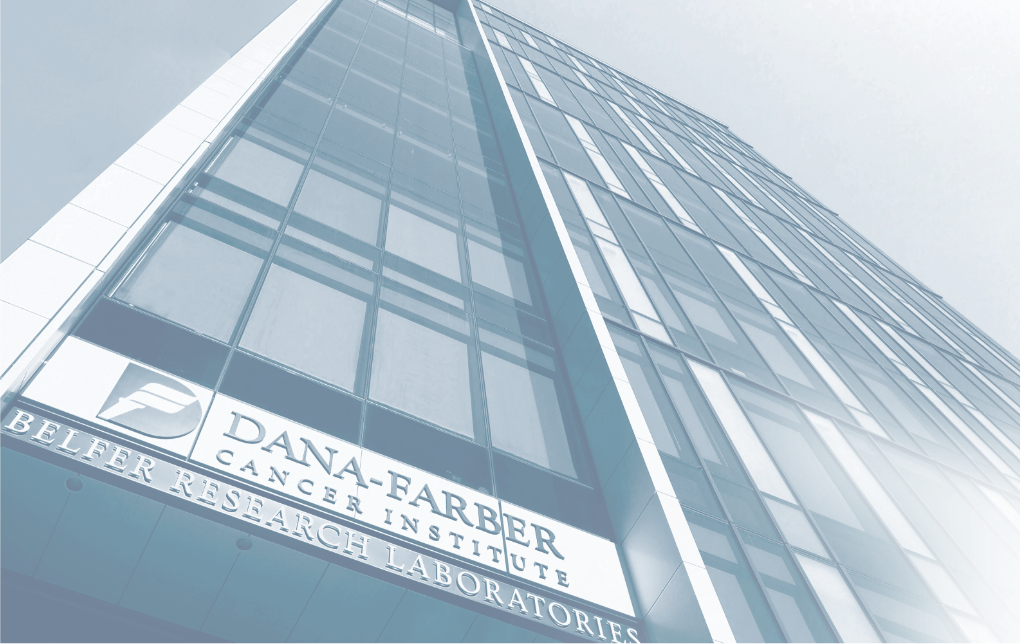

Robert and Renée Belfer
About us





